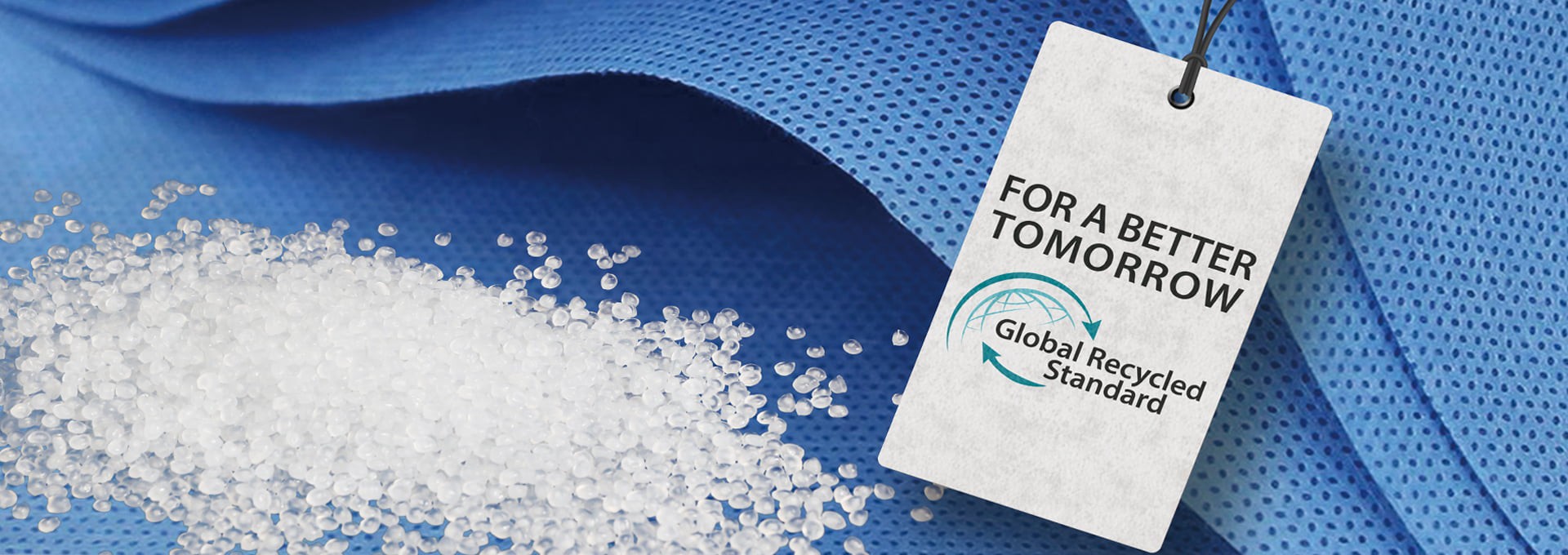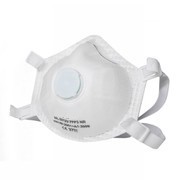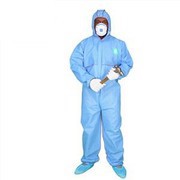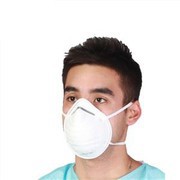What PPE should you wear when working with fuel?
Aug 11, 2023
Working with fuel can be a hazardous task, which is why Personal Protective Equipment (PPE) is an essential part of any worker’s safety kit. PPE helps to protect workers from injury or illness caused by exposure to fuel or its components, which may include unpleasant odors, skin irritation, respiratory problems, and even burns or explosions. Here are some of the essential PPE items to wear when working with fuel:
1. Eye protection – Safety glasses or goggles are essential to prevent any unwanted fuel coming into contact with your eyes. Even when working outside, goggles may be required to shield your eyes from the wind and sun.
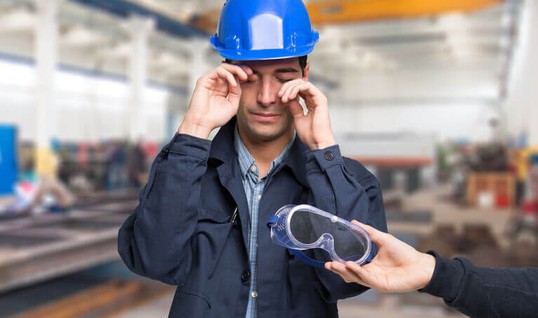
2. Respirators – A respirator is a vital piece of PPE to protect workers from inhaling fumes, such as gasoline or diesel exhaust, that can cause respiratory problems. You should use a respirator that is rated for exposure to hydrocarbons specifically.
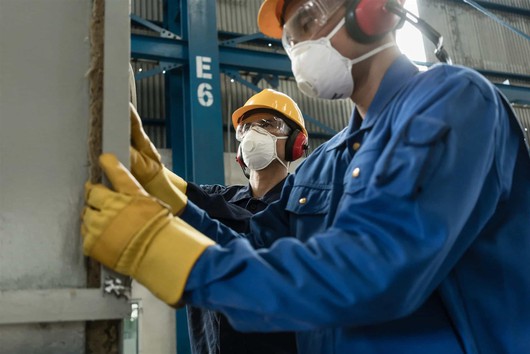
3. Protective gloves – Protective gloves help safeguard your hands from spilling fuel or other skin and bone diseases you may contract from contact with fuel, especially those with high lead content. Leather gloves work correctly for handling fuel lines and are best when changing oil.
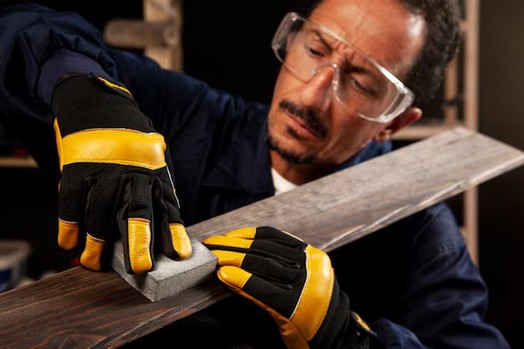
4. Protective clothing – When working with fuel, always wear protective clothing, such as a flame-retardant coverall, which can prevent burns and injuries from accidental spills. Also, ensure that your clothes are not loose-fitting or too tight as this can be hazardous.
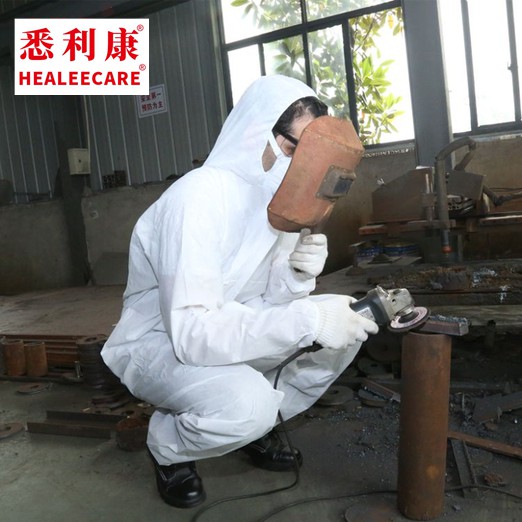
5. Footwear – When working with fuel, you should wear safety shoes or boots with slip-resistant soles that provide excellent traction. Steel-toe boots are optimal as they provide ultimate foot protection from sharp objects. Avoid wearing sandals or open-toed shoes as they expose your feet and can result in severe injuries.

6. Fire extinguishers – Make sure you have a fully charged fire extinguisher nearby in case of emergencies. A fire ignited with fuel can be catastrophic, and a properly charged and maintained fire extinguisher can stop a small fire from becoming life-threatening.
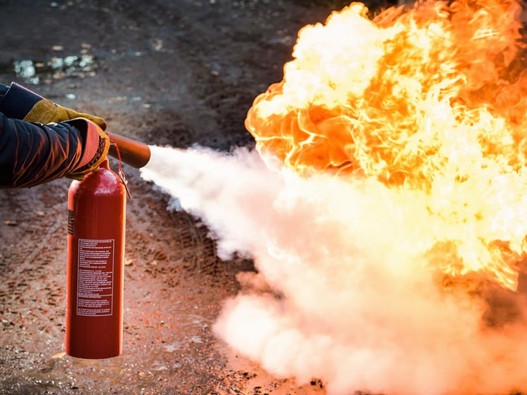
7. Personal Hygiene – Good personal hygiene is vital when working with fuel. Wash hands regularly and thoroughly with water and soap to prevent exposure to hazardous or toxic substances associated with fuel. Also, avoid rubbing your eyes, nose, or mouth, as this can transfer fuel from your hand onto your face, resulting in sickness.

When working with fuel, it is essential to wear the right PPE to protect yourself from exposure and harm. Following PPE safety guidelines creates a safer work environment, which helps you avoid injuries and illnesses. Don't forget to follow the manufacturer's recommendations when selecting PPE, especially if you are handling more than one type of fuel. Through the right protective gear, you can avoid certain hazards and keep yourself safe. Remember, PPE should not be considered a luxury when it comes to working with hazardous materials, but a necessity that can minimize risk, both for employees and employers. Keep the above tips in mind, and you'll be well on your way to safe, productive, and efficient work with fuel.

